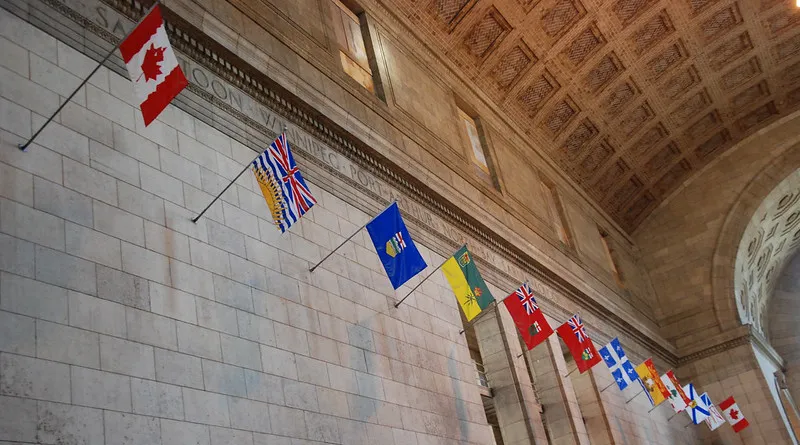CALGARY, AB — The Pembina Institute issued the following statement in response to the Government of Canada’s announcement that recent federal-provincial negotiations on updates to strengthen and improve Canada’s carbon pricing systems have concluded.
Jan Gorski, director of the Pembina Institute’s oil and gas program, said:
“Canada’s and the provinces’ and territories’ carbon pricing systems are integral to us reaching our international climate commitments; commitments which have just been reaffirmed at COP27 in Egypt. Today’s announcement – which confirms industrial carbon pricing across Canada for the remainder of this decade – represents a key milestone in Canadian climate action. This will increase investor confidence in low-carbon projects, and addresses affordability issues – guaranteeing consumer rebates that the Government of Canada says will leave eight out of ten Canadians better off.
“We are encouraged that Alberta and Saskatchewan – as key centres of Canada’s industrial emissions – appear to have agreed to strengthen their industrial carbon pricing systems.
“We remain concerned that the stringency of industrial pricing systems may still be too low to drive decarbonization consistent with a net-zero economy by 2050. Carbon pricing must also be complemented by other regulatory tools to provide policy certainty and effective incentives to industry, communities and all levels of government. This includes the Clean Electricity Regulation, methane regulations, and the oil and gas emissions cap. These tools must be robust enough to avoid investment in the type of fossil fuel assets that will become stranded in a net-zero economy.
“Carbon pricing generally uses separate approaches for large industrial emitters and consumers. Some provinces and territories have chosen not to develop pricing systems that meet Canada’s minimum standards, so they will be covered by the strengthened federal system in whole or in part. We look forward to reviewing the full details of provincial and territorial plans.”
[30]
Quick facts
- Canada has strengthened its minimum requirements that provincial and territorial carbon pricing systems must meet. This is often called the ‘federal benchmark’, and it sets minimum requirements for pricing emissions associated with consumer fuels, and large industrial facility emissions.
- Provinces or territories whose pricing systems do not meet the benchmark will have the federal system applied to either their consumer or industrial emissions, or both.
- Alberta’s Technology Innovation and Emissions Reduction Regulation (TIER) is an example of an industrial pricing system that meets these requirements.
- In August 2022, the Pembina Institute submitted comments to the Alberta Ministry of Environment and Parks, as part of our participation in the province’s TIER review.
Contact
Alex Burton
Communications Manager, Pembina Institute
825-994-2558




